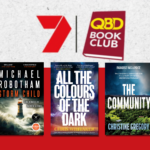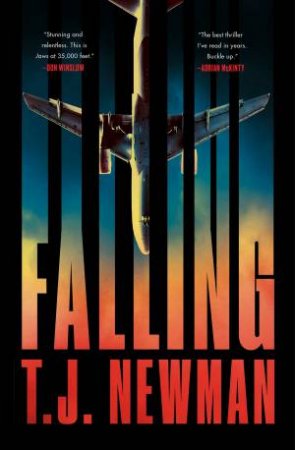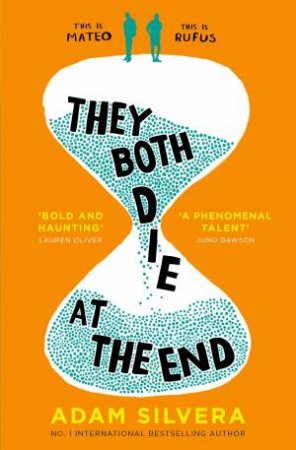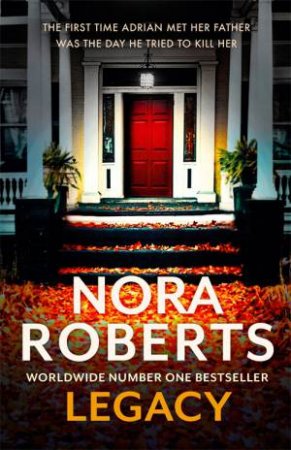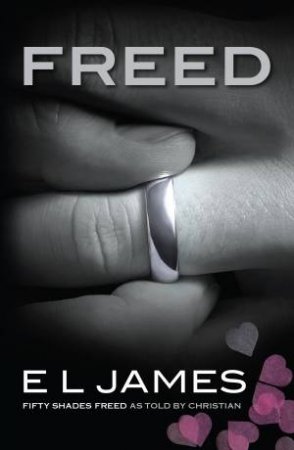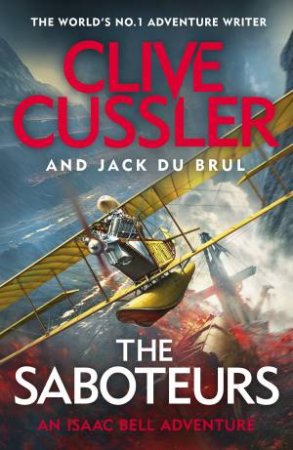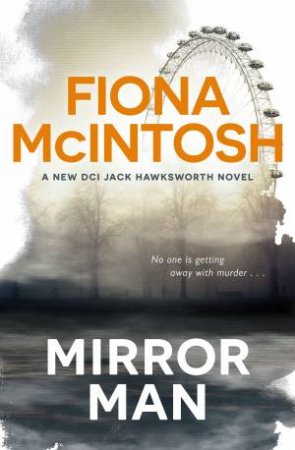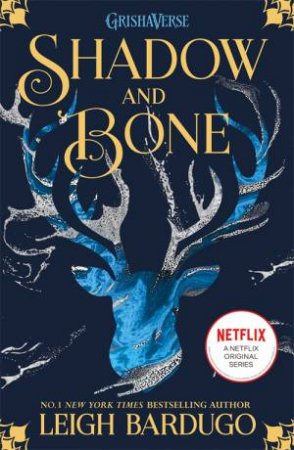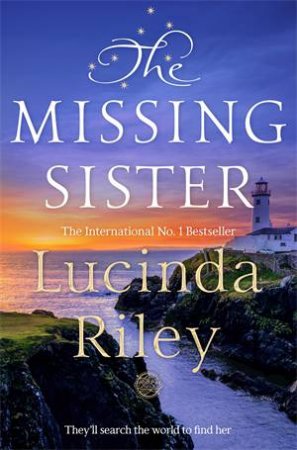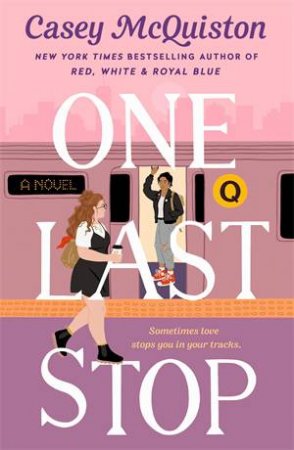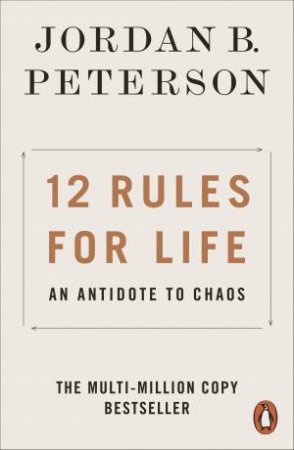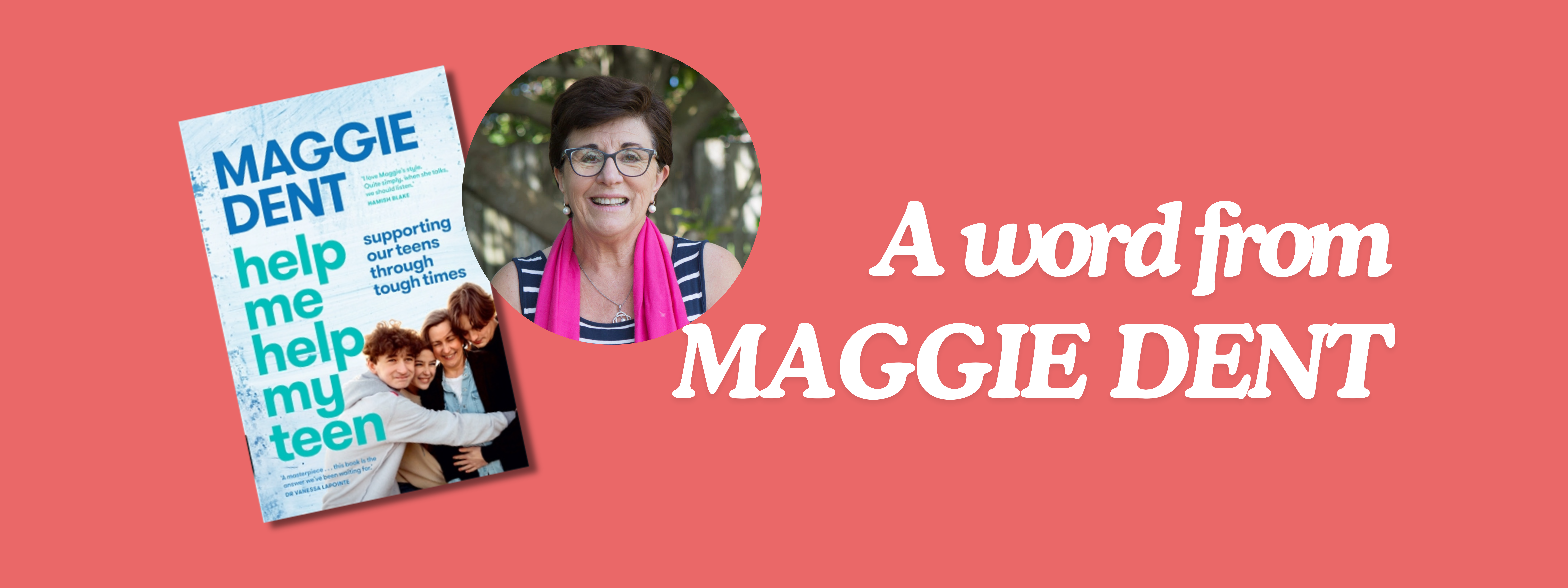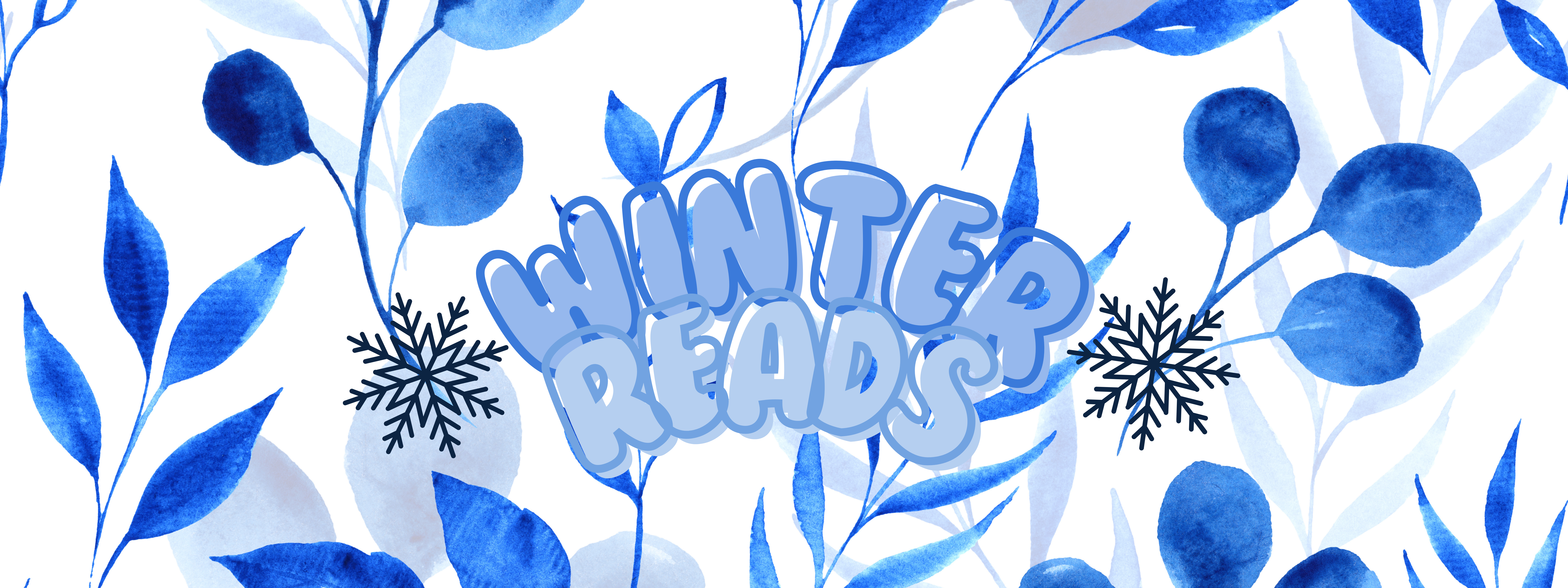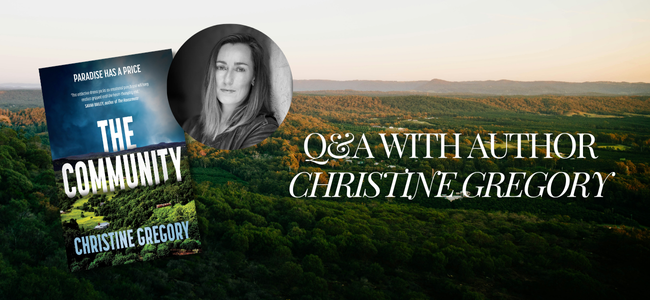 Clinical psychologist and academic, Doctor Jordan Peterson, has made a splash across bestseller lists with his book ’12 Rules for Life’. It has been called ‘Self-Help’, and it has been categorised in ‘Business’, but it leans much more toward a kind of personal-political manifesto; a response to a range of radical ideas that have been drifting into the mainstream over the last decade or so, much of it through the academy and publishing industry itself. He has upset people, chiefly, the pushers of these ideas. The ease and glibness with which Peterson is branded as a ‘right-winger’ or even a ‘nazi’ only goes further to prove his point of view regarding the ills he identifies, particularly in the fragmenting public sphere.
Clinical psychologist and academic, Doctor Jordan Peterson, has made a splash across bestseller lists with his book ’12 Rules for Life’. It has been called ‘Self-Help’, and it has been categorised in ‘Business’, but it leans much more toward a kind of personal-political manifesto; a response to a range of radical ideas that have been drifting into the mainstream over the last decade or so, much of it through the academy and publishing industry itself. He has upset people, chiefly, the pushers of these ideas. The ease and glibness with which Peterson is branded as a ‘right-winger’ or even a ‘nazi’ only goes further to prove his point of view regarding the ills he identifies, particularly in the fragmenting public sphere.
But aside from the politics, Peterson puts an importance on reading, and reading well – the kinds of books that have been foundational to how we have come about as a people and the underpinnings of us psychologically: a canon.
Naturally enough, these are books that have been around a while, what we would call ‘Classics’. His reading lists on the internet have been expanded several times, and have led to a distinct up-turn of interest in the Classics region of the bookshop. If Rowling has been thought of as being responsible for a renaissance in reading-for-children, is Peterson becoming responsible for a renaissance in reading for young-adults … and in classic indispensable canonic literature?
To go back is often a decent way to deal with discovering that you are going the wrong way, or that you are lost entirely. To be constantly progressive is only good if you have a decent idea of where you are progressing to … and that you want to be there. These readers, many of whom have been abandoned by the contemporary publishing world, are finding that great books, unlike films or many other mediums of art, tend to become more relevant and more valuable the older they become. And they are very readily available.
 Primary among these works for Peterson is Solzhenitsyn’s ‘The Gulag Archipelago’, so much so that he will be contributing a new introduction to a fiftieth anniversary edition due out this November. It’s been out of print in most English-speaking countries for a number of years, so that fact that this great work is getting a fiftieth anniversary treatment at all could be down to him anyway.
Primary among these works for Peterson is Solzhenitsyn’s ‘The Gulag Archipelago’, so much so that he will be contributing a new introduction to a fiftieth anniversary edition due out this November. It’s been out of print in most English-speaking countries for a number of years, so that fact that this great work is getting a fiftieth anniversary treatment at all could be down to him anyway.
Why is this book so important to Peterson? One reason he lists on his Patreon site:
It’s necessary for all of us (the moderate left included) to determine exactly when and why the good intentions of the egalitarian-minded go so terribly wrong.
Solzhenitsyn’s work focuses on the evils of the Soviet empire and its treatment of dissidents and criminals, political and otherwise. It is a profound, utterly gruelling and harrowing account based on the author’s own experience. It is plain and unadorned, letting the action speak for itself in all its bleak horror. By being concerned for ‘when’, Peterson hints that there might be a tipping point that serves us Stalinism, some kind of ongoing but, on the face of it, altruistic formula that at some point goes badly wrong when we fundamentally combine authoritarianism with collectivism. It is why he puts such an emphasis on personal responsibility in his own book. If you can’t change yourself for the better, just this one person, then what hope do you have in changing a society for the better? Is it any wonder the Gulags appear and get filled?
So it is certainly worth returning to a canon, and Peterson’s is a good one.
And while Peterson’s plain white book goes head to head with the bright orange-covered and playful ‘Subtle Art of Not Giving a F*ck’, he has no easy answers, and these books in the canon don’t offer the reader any quick fix either. They offer you a further and deeper relationship with yourself, a forthright art of giving a f*ck about yourself and how you might become even more so … yourself.





